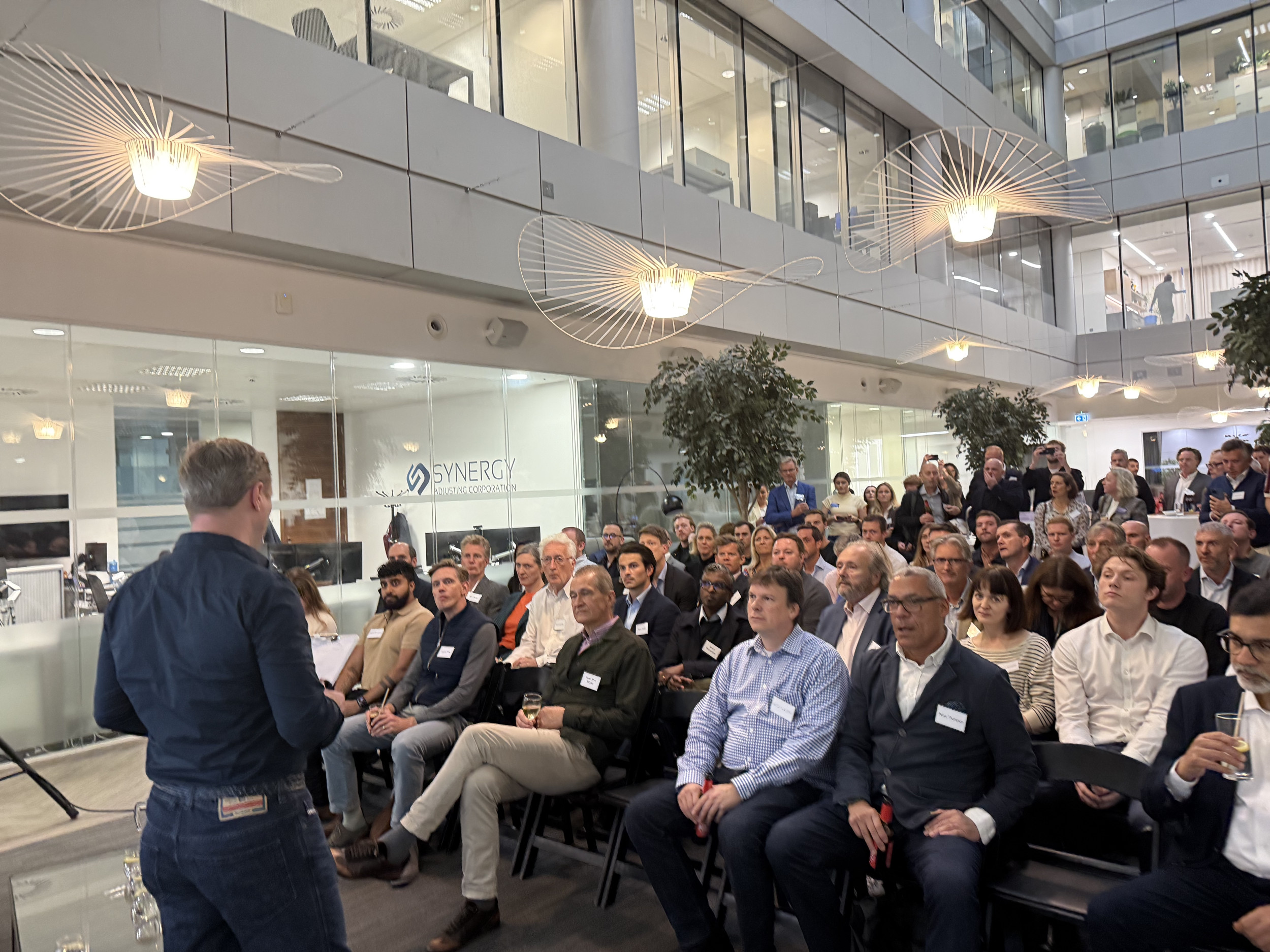September 23, 2025
By
5 Takeaways from London Live: AI at Work
The things you need to know about AI's impact on the UK's early-stage ecosystem

Last Tuesday, Love Ventures hosted London Live: AI at Work—an evening exploring how artificial intelligence is reshaping startups, policy, and productivity in the UK. At Love Ventures, we believe the defining opportunities of this decade lie in redefining the future of work, the future of finance, and the future of consumer behaviour. This event brought those themes to life through an engaging mix of policy insight and founder experience.
The evening opened with a fireside conversation between Mike Butcher MBE (ex-Editor-at-Large, TechCrunch Europe) and Dom Hallas (Executive Director, Startup Coalition), followed by a founder panel hosted by Marcus Love (General Partner, Love Ventures) with Jon Folland (UnifiedCRM), Leon Ballard (Kato), and Hugo Bibby (POCKLA).
Here are five takeaways from the conversation that you need to know as you consider the impact of AI in 2025:
AI is no longer a distant horizon - it’s actively reshaping how startups grow, how policymakers engage, and how investors think about business models. The conversations at London Live made clear that 2025 will be a defining year for separating hype from impact. At Love Ventures, we remain focused on backing the founders who are harnessing these shifts to build enduring companies. redefining the future of work, the future of finance, and the future of consumer behaviour in the UK and beyond.
If you weren’t able to join us this time, we hope to see you at the next edition of London Live in March 2026.